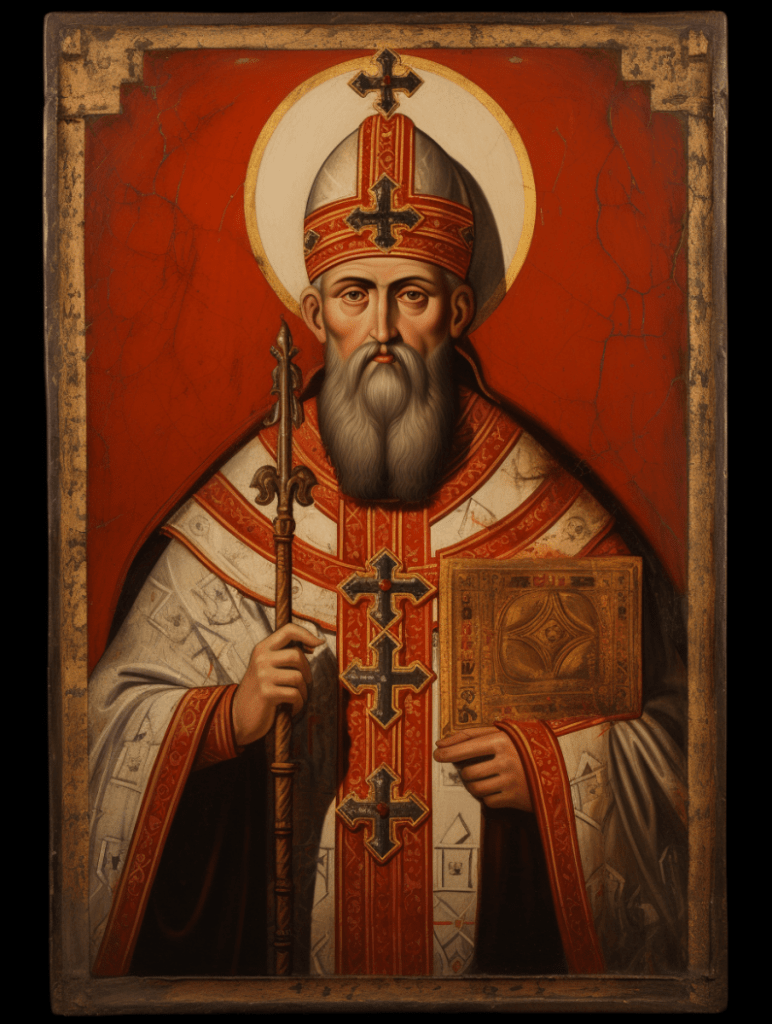On This Day Nov 25, 1272 Pope Nicholas III, born Giovanni Gaetano Orsini, served as the head of the Catholic Church from 1277 until his death in 1280. His papacy was relatively short but marked by several notable events and contributions. Here are key aspects of Pope Nicholas III’s papacy:
Election and Background: Nicholas III succeeded Pope John XXI. Before his papal tenure, he had a distinguished career as a cardinal and held various administrative roles within the Church.
Political Involvement: Nicholas III was actively involved in the political affairs of his time. He sought to establish alliances and maintain the interests of the Papal States. His diplomatic efforts aimed to secure stability in central Italy.
Promotion of Nephews: Like some of his predecessors, Nicholas III faced criticism for appointing his relatives, particularly nephews, to influential positions within the Church. This practice, known as nepotism, was a common feature in medieval papal politics.
Relations with Charles of Anjou: Pope Nicholas III maintained a close relationship with Charles of Anjou, a prominent figure in the politics of the time. Charles, the brother of King Louis IX of France, played a significant role in Italian and papal affairs.
Canonizations and Beatifications: During his papacy, Nicholas III canonized several saints and beatified individuals for their exemplary lives of virtue and service to the Church.Pope Nicholas III passed away on August 22, 1280, and he was succeeded by Pope Martin IV. Despite the controversies surrounding nepotism, Nicholas III’s papacy contributed to the broader political and religious landscape of the late 13th century.
